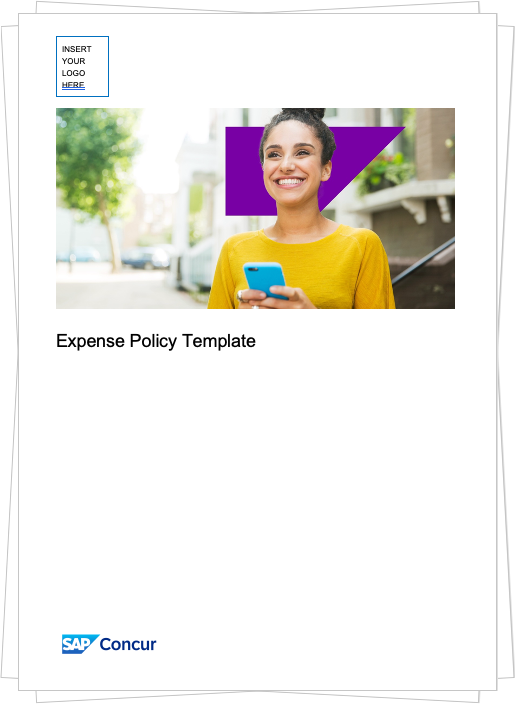How Business Travel Programs Can Help Attract and Retain Top Talent
Business travel is a key component of many jobs. Road warriors are often revenue producers, top performers, and also the most likely to suffer from fatigue or burnout. As forward-thinking companies continue to optimize the employee experience (EX), the corporate travel process has come under the microscope.
A strong economy, global and mobile workforce, and talent war waging in several industries has made the company travel program a renewed topic of interest during the recruiting process. Leading companies use this to their advantage. For companies who do nothing, however, there is a growing consensus backed by data that indicates higher costs of training, recruiting, and lower morale. Here are a few quick pointers on how your travel program can help versus hinder employee satisfaction:
1. Remove ambiguous language from your travel policy
The travel policy should be clear, simple and free of "legalese.” This policy is often one of the first documents read by a new or potential employee and like any initial touchpoint, it must make a good impression!
Be mindful of exceptions. All policies have exceptions, but each one does not need to be listed. A simple blanket statement towards the beginning that states exceptions are subject to management approval is sufficient. This can significantly shorten your policy.
2. Address the sharing economy and bleisure
In addition to these being among the hottest topics in today’s corporate travel world, they frequently occur on every trip. Despite their prevalence, companies often lack an official stance and neglect these items, which creates confusion for the traveler. If addressed properly, they can both mitigate risk (proactively addressing them can help manage their associated risks) and provide a significant employee benefit.
For a primer on how to address bleisure, I recommend this article by ACTE Executive Director Greeley Koch.
Regarding the sharing economy, I recently heard a story about a travel manager who instituted a "no ride share" policy - you can imagine the result!
3. Solicit feedback and re-think communication methods
A lack of customer feedback will stifle innovation, and travelers are your customers. Feedback should not just pertain to TMC service, but the entire travel and expense journey. Surveys, forums, peer communities, and easy Q&As all encourage proactive feedback. Talk to your IT department about the tools you can leverage to gain valuable traveler insight.
The methods of communication have changed. Gone are the days of lengthy training manuals and even phone calls. Employees consume content differently and expect more to be “on demand” and in bite-size chunks. Travel departments need to react accordingly.
4. Invest in the employee
While not every trip requires 5-star accommodations, they do require wifi and mobile devices. A Tripkicks advisor recently referred to wifi as a basic human right. While meant jokingly, it's not too far from the truth. Companies should be strategic about where to invest, and focus their dollars on items that are most meaningful to their travelers.
In recent years, duty of care has forced its way into the travel policy - and that is a good thing for both companies and travelers. Accessing emergency information should be easy for both parties, providing peace of mind, and helping avoid unfortunate situations resulting from the traveler "not knowing.”
A modern corporate travel program does not necessarily require the addition of more upscale or swanky travel options, or a removal of rules; it simply requires a renewed focus on the employee experience. The good news is there are new programs and solutions that can supplement your existing program to do just that. Tripkicks, for instance, is an SAP Concur App Center partner that integrates with both Concur Travel and Concur Expense to empower and reward business travelers for making cost-conscious travel decisions, while at the same time enabling companies to realize significant cost savings. Learn more about Tripkicks here.
